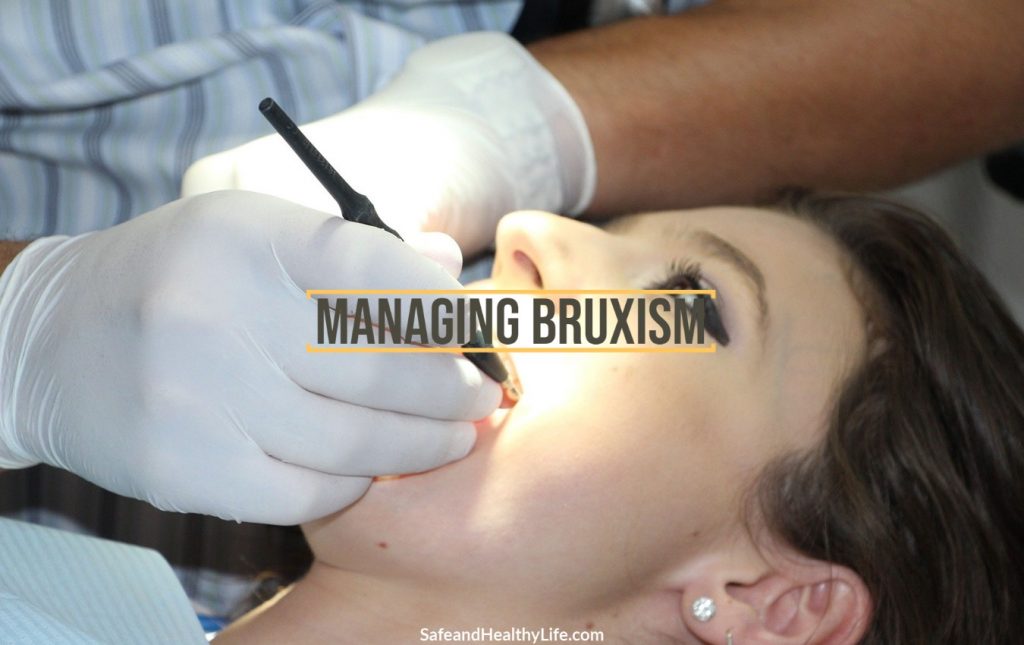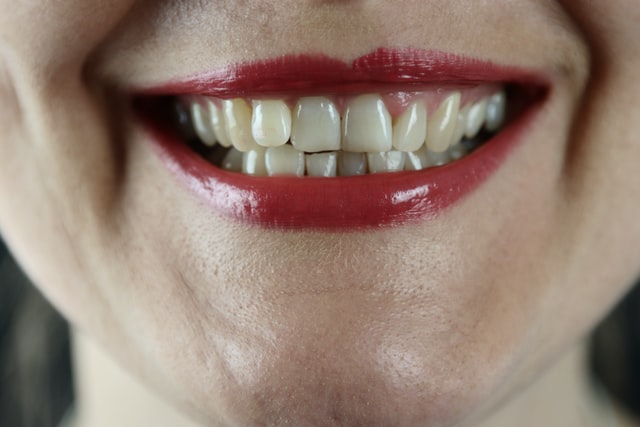
Bruxism is involuntary teeth grinding and clenching. Some people experience this condition during the day, while most suffer from sleep bruxism.
It is common among young adults, children, and adolescents but does not exclude older adults. Teeth grinding may occur at a later age, depending on the severity of factors that are believed to cause it.
While there is no complete cure to stop teeth clenching, it can be managed to reduce its frequency.
There are also dental and medical treatments that can relieve symptoms and lessen the impact on your well-being. They help you cope up with bruxism better.
When is it the right time to see your doctor?
As soon as you learn that you have significant symptoms, you need to consult your dentist or doctor. The following are telltale signs that you need an intervention or treatment:
- damaged, worn, or sensitive teeth
- painful ear, jaw, or face
- when your partner complains about the grinding sounds you make while asleep
A dental specialist can treat your teeth problems, while a medical doctor can diagnose whether you have bruxism, sleep apnea-related, gastroesophageal reflux diseases (GERD), or chronic stress.
Teeth grinding can also be triggered by various factors, so it is vital to know the real score. This helps the specialist recommend the best possible bruxism treatment to manage your teeth grinding problem.
What happened after the doctor determined the cause?
Consulting a doctor will require you to answer his questions, subject you to a thorough examination and perhaps some tests. These are necessary steps to know the cause of your teeth grinding episodes.
If your bruxism seems related to psychological and emotional issues, they can refer you to a counselor or a licensed therapist.
If your teeth clenching is linked to certain sleep disorders, they will suggest a sleep specialist who can assess your condition. A lot of people with sleep apnea or other sleep issues have the habit of grinding their teeth.
If bruxism is creating damage to your teeth and jaw, see a dentist. Like the physician, the dentist will assess your oral health, daily routine, sleep habits, and medications.
They will check the dental abnormalities and damages on the protective enamel. If they think there are underlying issues on the inside of your cheeks or bone, you may be advised to undergo an X-ray examination.
They will evaluate the extent of tenderness in your jaw muscles or check if there is an abnormal widening of the jaw. If you have other issues like the onset of temporomandibular joint (TMJ) disorder and ear pain, they will refer you to the right specialist.
Bruxism treatment and other approaches

Photo Credit: Unsplash
Not all teeth grinding issues require treatment, especially in children. Many kids who grind their teeth outgrow the condition without treatments. As for the adults, it is a case to case basis.
Some grind their teeth so mild that they do not need therapy or medications. But for severe bruxism, medical and dental approaches, as well as conventional therapies, help mitigate the pain, discomfort, or damage.
Dental approaches
It is important to preserve or correct worn teeth. Worn and damaged teeth can be a confidence sapper. Although dental correction and using mouth guards or splints do not stop the occurrence of teeth grinding, they help you avoid more damage.
Therapies
Some of the recommended approaches to manage bruxism are:
- Stress or anxiety management – It teaches the techniques that will help you relax and release worry. Meditation is one of the effective strategies. When you are stressed, the muscles of the body, including the jaw muscles are tight or knotted. Bottled emotions can trigger subconscious movements, causing teeth clenching and grinding.
- Behavior change – Changing the behavior intentionally can help you manage your bruxism. It involves practicing proper jaw and mouth positions.
Medications
Medications are usually given to severe bruxism, especially when the other approaches are not working.
- Antidepressants and anti-anxiety prescription drugs for short-term use. They help when your bruxism is related to chronic stress or emotional issues.
- Muscle relaxants are prescribed for people who want a pleasant sleep. Taking medication before bedtime helps you avoid daytime fatigue that can deprive your energy and affect work productivity.
- Botox injection is recommended to those who want to stop teeth grinding temporarily. This bruxism treatment involves injecting botulinum toxin to relieve the stress on the chewing muscle or the masseter muscle. It works to reduce the occurrence of teeth clenching and discomfort in the face.
It is also a safe wide jaw treatment for those with masseter hypertrophy. Find the best cosmetic clinic or specialist to do the procedure. It may be a simple and quick treatment, but having a trusted and experienced person to administer the injection will give you more peace of mind.
Whatever your choice of treatment, seeking intervention from a medical or dental specialist will help you handle the signs and symptoms of bruxism effectively.
Bruxism treatments are meant to reduce the pain and prevent further damage, so the sooner you get them, the better.
About The Author:
Laura Bell contributes regularly to websites on a variety of subjects. Her interests include modern trends, technology, health care, and anything else that affects the quality of life of her readers.


![Managing Appetite Loss in Elderly Hospice Patients [LifeChoice's Expert Advice] Managing Appetite Loss in Elderly Hospice Patients](https://www.safeandhealthylife.com/wp-content/uploads/2023/05/Managing-Appetite-Loss-in-Elderly-Hospice-Patients-150x150.jpg)
![[Infographic] Life with Acne: Managing and Embracing Healthy Skin Habits Life with Acne](https://www.safeandhealthylife.com/wp-content/uploads/2023/10/Life-with-Acne-150x150.webp)
